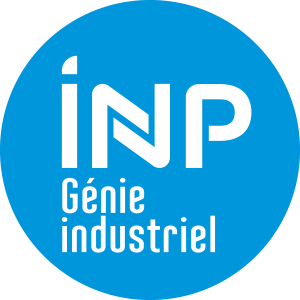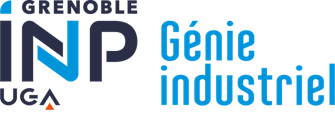Number of hours
- Lectures 24.0
- Projects -
- Tutorials -
- Internship -
- Laboratory works 24.0
- Written tests 3.0
ECTS
ECTS 3.0
Goal(s)
· Rationale for the introduction of the module :
Climate change became in important aspect of our life. Pollution stems mainly from production and supply chain management. The aim of this module is to study governments' regulation, firms’ behaviour when facing this regulation and voluntary actions undertaken by firms. We will analyze both theoretically and empirically the results of regulations and different business models. The empirical approach will be privileged. You will be performing a small research job in groups of 4-5 that consists in data colection and analysis or research design.
Educational aims:
Specific knowledge
This course aims to equip students with a knowledge and understanding of the way engineers world is impacted by economic policies and economics problems and ways to solve them, both theory and practice based. It further seeks to develop a range of skills for the critical use of that understanding.
General knowledge
By participating and engaging fully in this module, students should be better able to engage in abstract thinking by relating potentially unrelated issues and putting them into one big picture of complex systems. Student should be able to propose several alternatives of problem solving and decision-making. Students should be able to engage in critical thinking to enhance problem solving and decision-making skills. They should be able to plan and manage their time effectively in relation to deadlines whilst displaying individual initiative and enterprise. Students are expected to conduct individual and team work assignments and perform effectively in a group environment by demonstrating leadership and team-building qualities. Students should be capable of demonstrating a logical argument and be able to gather and analyze available data on public policy issues and evaluate alternative measures on the basis of objective reasoning. Students should be able to communicate and present complex arguments in oral and written form with clarity and succinctness.
Content(s)
I Externalities
II Public Goods
III Empirical methods of evaluation of environmental goods
IV WTP of consumers for circular goods
V Business Models for Circular economy
VI Elements of green logistics
Basic Economics (mathematical equilibrium solving capacity)
Industrial Economics
Continuous assessments (CC) :
Essay writing (EW):
E1 = Final oral or written exam from the 1st exam period
E2 = Final oral or written exam from the 2nd exam period
N1 = Final mark from the 1st exam period
N2 = Final mark from the 2nd exam period
N1 = 40% (presentation) +60% (rapport)
The exam is given in english only 
The course exists in the following branches:
- Curriculum - Master GI SIE program - Semester 8 (this course is given in english only
 )
)
Course ID : WGUS8038
Course language(s): 
You can find this course among all other courses.
McKinnon A. (ed),Green Logistics: Improving the Environmental Sustainability of Logistics, Kogan Page Ltd, 2012;
Weetman C., A circular economy handbook for business and supply chains, Kogan Page, 2017
scientific papers



